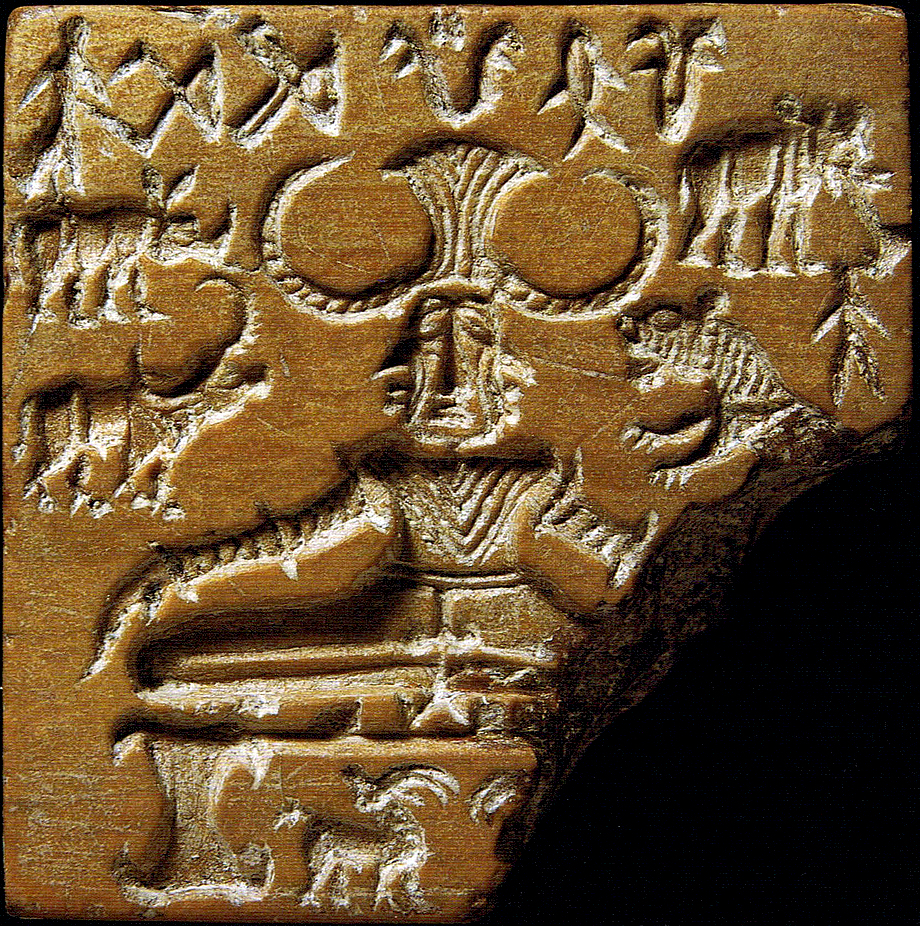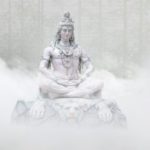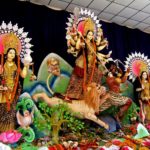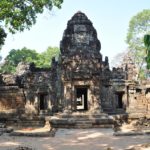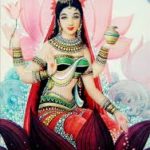Hindu rites or Samskaras are the rites of passage that serve to purify the soul at critical junctions in the journey of life. They are considered essential for the three higher (twice-born) varnas. Neglect of any of these is considered inauspicious for the person and family, as well as signifying a “fallen” status of the person.
My first experience of the primary rite or Samskara was at my relative’s. She had just delivered her baby boy. These were BIRTH RITES or JATAKARMA. After the lapse of a 40-day interval, when the cousin underwent a complete manicure and face-lift, the kitchen was thoroughly overhauled, cleaned and purified, all masalas (spices), etc. thrown away, fresh provisions were brought in and the house sported freshly laundered furnishings. The birth of the baby boy was celebrated with much fervor, as the son would carry forward the family name or vanish. The begetter of the son was much pampered with a frightfully expensive zari (threads of gold and silver) embroidered “Peela” or dark yellow scarf, wrapped around the head and shoulders, a new sari and jewelry. She was the envy of most women present on the occasion and no wonder!
Then there was a complete baby wardrobe and accessories gifted by the newborn’s maternal grandmother. There were nearly two hundred close relatives on both sides, and we blessed the newborn and feasted.
This was again followed up by an invitation to her son’s rice-initiation ceremony when he partook of his first cereal, called “Anna-Praasan”. This was quite a simple occasion, whence the maternal uncle spooned some rice pudding into the wailing baby’s mouth. Of course, the bowl and spoons were silver!
Ever since I have attended many such birth rites and had similar experiences.
SACRED THREAD-INITIATION CEREMONY
However, the only time I witnessed the SACRED THREAD-INITIATION CEREMONY or the UPANAYANA, was at a Brahmin friend whose son was about eleven years old. The boy was being inducted into the ways of Brahminism. The Brahmins are the upper religious or priestly caste in the Hindu caste system. A Brahmin priest conducted the rites of initiation and then again, all of us present blessed the boy, feasted and came away. Of course, neither the friend nor his son is practicing priests, the father is a Doctor and wishes his son to take up medicine as well.
The rites of marriage
My favorite experience of the Hindu rites of marriage or Vivah, is also the most favored by most folks. For it celebrates the joining of two souls in a life-long commitment. All relatives and close friends are invited. So obviously, I was present at the ceremony of my brother. The rituals began right when the marriage was fixed, called the “Rokka”. We had a small party where the immediate families of both my brother and his bride-to-be were present to witness the formal concurrence. Then the wedding dates were fixed in concurrence with the family astrologer, Wedding invitation cards were printed and presented to the invitees in person, together with the box of sweets that had come from the bride’s family.
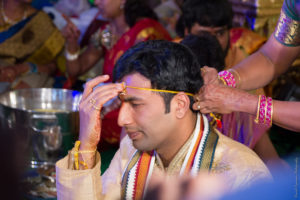 There was an elaborate engagement ceremony, the ring-ceremony’, almost as grand as the formal wedding. There were plenty of songs and dances, to the accompaniment of drumbeats of the dholak.
There was an elaborate engagement ceremony, the ring-ceremony’, almost as grand as the formal wedding. There were plenty of songs and dances, to the accompaniment of drumbeats of the dholak.
This was followed immediately thereafter by the grand wedding, with a lavish spread-out, elaborate decorations, et all. A lot of fun and frolic also came our way, a sort of tradition probably to lighten up the hearts of the bride’s family, in tears to be separated from their daughter. The occasion wound up with our respects and offering to our forefathers.
Alas, I have also witnessed the FUNERAL RITES for the departed soul of my grandfather or the ANTYESHTI. After the cremation and observance of abstinence, there were rituals conducted by the family priest for the succor of his soul or Atma shaanti, on the banks of the river Ganga, and thereafter the period of asceticism ended and life became as usual.

